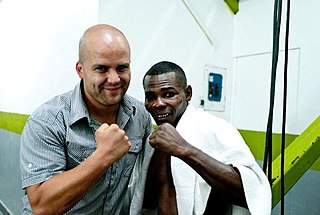A Quote by Ella Purnell
I don't know any 21-year-old who's not having an existential crisis.
Quote Topics
Related Quotes
There's been nothing proven that violence in video games has an impact. As a parent though, and I'm a parent for a 20-year-old, for a 16-year-old and for a 10-year-old, and so, you know, I make choices everyday for my kids as to what games I think is appropriate for them to play. And, you know, in the end it's up to the parents, it's up to the gamers themselves working with their parents, if they're under 21, to make the smartest choice for the games they play.
I went to school, and I remember that you had to do these tests to find out what set you're in - how clever you are. I put down "Kit Harington," and they looked at me like I was completely stupid, and they said, "No, you're Christopher Harington, I'm afraid." It was only then I learnt my actual name. That was kind of a bizarre existential crisis for an 11-year-old to have, but in the end I always stuck with Kit, because I felt that's who I was. I'm not really a "Chris."
I moved to London when I was 21 and I needed a job. I'd just done a year working in Waterstones in Manchester and I was looking for any old job. This advertisement came up for an editorial assistant on Dora the Explorer Magazine. Because I'd been working in the Children's Department in a bookshop for a year I just nailed the interview.




































